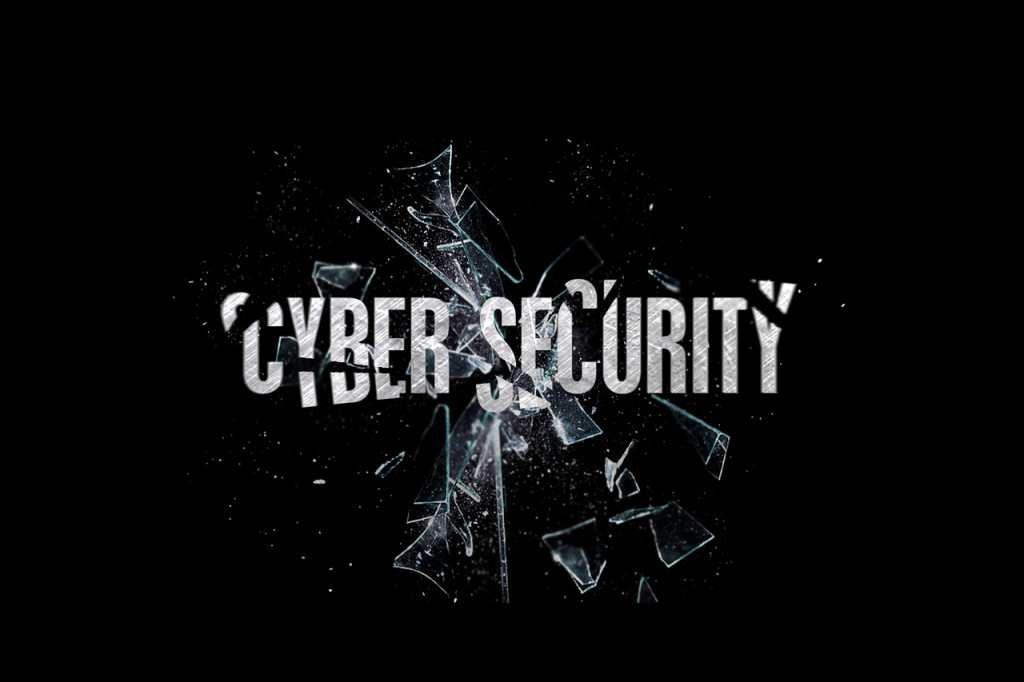
Effective CyberSecurity requires complex thinking executed in simple ways supported by advanced resources.
While cybercrime can be highly targeted and specific, it’s often a crime of opportunity. The internet allows criminals to cast a wide net and relies on the lack of vigilance on the part of the victims.
Sometimes, all it takes is a single errant click to expose yourself or your company to cybercriminals to can access your data, steal it, ransom it or even corrupt it.
That’s why people who work for larger corporations find themselves regularly participating in cybersecurity training, including IT services that will send dummy emails to educate in real-time people who fall for those emails and click on bad links.
Fake emails can be convincing

The structure and coding of fake emails used for phishing have become more sophisticated over the years.
Even if cyber criminals don’t know exactly what the company’s corporate communication looks like, there is enough information available on many company websites and online to create credible third party emails that suggest a legitimate business link to a company’s operations.
Once that’s established, the phishing email’s call to action can lure people to click before thinking things through.
If the email address looks strange or if it’s an unsolicited communication of any kind seeking deliberate action, it’s always important to notify IT professionals and have CyberSecurity solutions in place.
Always look at the email address of the sender. It’s not uncommon to see URLs in email addresses that are very close, yet slightly different from legitimate emails. Also, they can be so generic as to raise suspicion.
Hyperlinks bypass critical thinking

In many phishing attempts, sketchy websites are often hidden by hyperlinks with innocuous anchor text. By telling you what you need to do without showing you where you’re being sent, cybercriminals are attempting to bypass an essential moment of critical thinking.
All it takes is a momentary lapse for the damage to be done, which is why cybercriminals use sophisticated messaging and cast a wide net. They don’t necessarily have to convince a specific person, but rather any person can be a gateway to accessing data. Be intentional when searching for things online, in particular when looking on unfamiliar websites.
Educate at all levels and stay vigilant

Emphasizing common sense is absolutely a best practice for anyone who owns and runs a company, but make sure that knowledge trickles down to employees as well. In fact, anyone who has access to critical data should receive reminders and training resources to limit vulnerability. Companies such as irdeto can help keep you protected.
It’s impossible to stop phishing attempts from occurring. There is no software that exists that can 100 percent guarantee that bogus emails won’t make it into a person’s inbox.
The best defense is staying vigilant. Create workflows that provide a clear mandate for how to handle suspicious emails and specific steps on how to handle the verification of those emails.

Having strong protections in place for your data — which you absolutely should — don’t mean a lot if you’re handing out keys to access it by not being careful.




